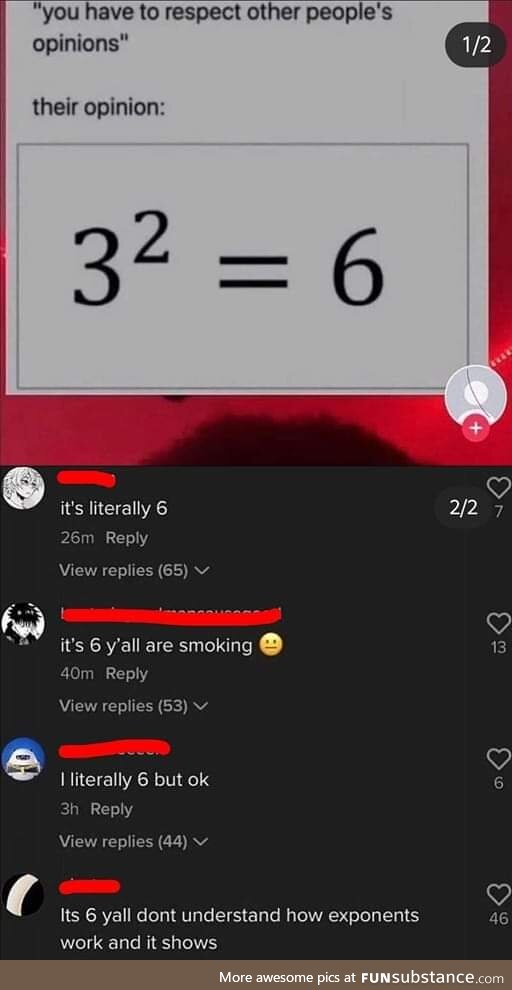Featured Posts

I wish I had a fort

The powerof positive thinking

NASA

Pray for Australia

Take care of each other

She has emerged

My soul feels so much better

I just ordered one. #Just2019HispanicThings

He really wanted his photo at the Halloween party, but was super scared of the spiders

The Only Thing More Contagious Than COVID19 Might Be This Fox's Smile
About
FAQ
Contact
Rules
Terms
Privacy
Feedback
Keyboard Shortcuts:
Previous Post · Next Post · + CTRL Skip Post
Previous Post · Next Post · + CTRL Skip Post
© 2025 FunSubstance · funny and entertaining pictures, memes, gifs & videos.



A comparison is the common metric/standard debate. Each system has benefits and draw backs but one of the major arguments for metric adoption is that metric is default fr most of the world. Conversely one of the greatest hurdles to metric adoption in standard system countries has been that in those countries and to their people that standard has been the default.
This is a case that clearly illustrates the concept. Opinions are what they are, but to share them with others there has to be some level of common understanding and agreement.